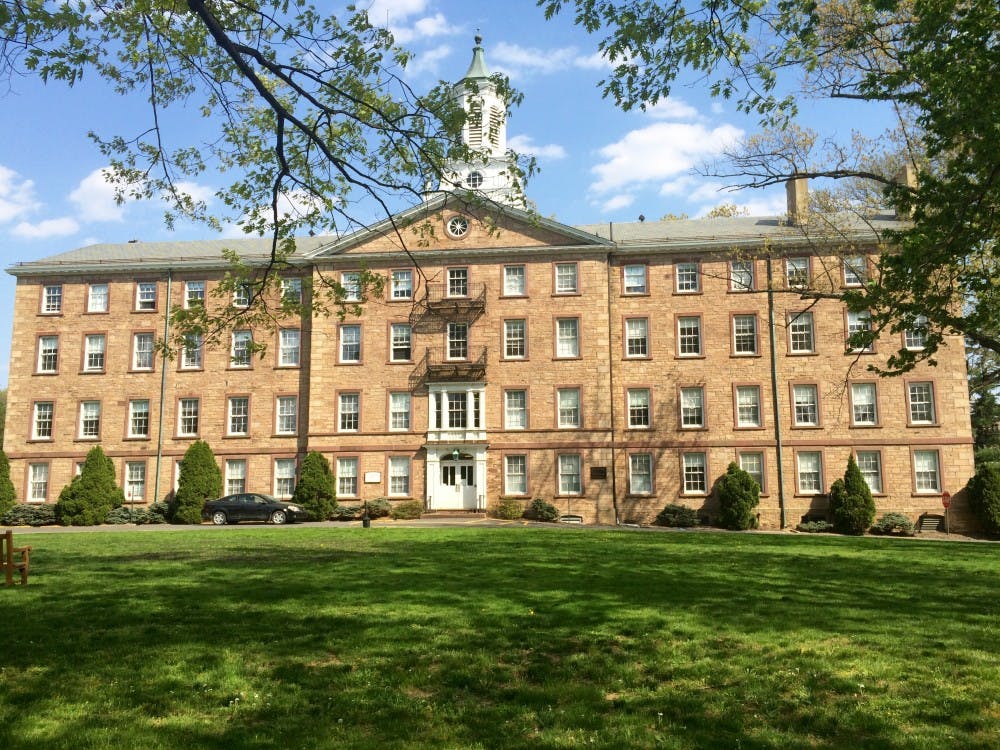A group of students at the Princeton Theological Seminary is demanding that the institution pay reparations in response to a report it published last year, which details its historical connections to slavery.
The seminary’s Association of Black Seminarians (ABS) has released a petition calling for the institution to annually set aside 15 percent of the portion of its endowment used on operating expenses to fund tuition grants for black students. This proportion would amount to $5.3 million a year, based on an estimate derived from the seminary’s expenses in the 2017–2018 school year. The petition also asks for the establishment of a Black Church Studies program.
As of April 2, the petition has garnered 572 signatures.
“The ABS encourages the Board of Trustees and the Administration to follow the instructions of Lev. 26:41 fully, in which the covenant people of God are called to make amends for the iniquity of their ancestors,” a section of the petition reads.
The 2018 report leading to this petition was first launched by seminary president M. Craig Barnes in spring 2016. Barnes commissioned a committee of faculty and administrators to research several topics, including the seminary founders’ ties to slavery, economic sources that financed seminary facilities, and student demographics.
The committee found that although Ashbel Green, the first president of the Seminary Board of Directors, espoused anti-slavery views, he did own slaves. He also served as president of Princeton University, then called the College of New Jersey, from 1812 to 1822.
Three of the seminary’s first professors also employed slave labor.
The committee discovered that 15 percent of the seminary’s total revenue in the antebellum era consisted of contributions from slave owners and the interest from these contributions. This discovery led to the ABS’s call for the seminary to set aside that same percentage for reparations.
In its petition, the ABS demands that the money used for reparations not only go toward African American students, but also toward funding tuition grants for 10 students from Liberia and other West African countries each year. Individuals associated with the seminary participated in the nineteenth century Colonization Movement, which helped to found Liberia.
Additionally, the petition calls for the seminary to pursue partnerships with Historically Black Colleges and West African Universities.
In a recent interview with The Washington Post, Justin Henderson, the president of ABS, said that although the seminary had admitted to its involvement with slavery, “repentance doesn’t end with confession.”
Black students comprise about 13 percent of the seminary’s student population.

The seminary’s report came one year after the University’s own report on its historical relationship with slavery. The Princeton and Slavery Project, launched in November 2017, found many ties between the College of New Jersey and slaveholders. The University's seven founding trustees, as well as its first land donor, all owned slaves.
Several University presidents were slaveholders, including John Witherspoon, the sixth president and a signer of the Declaration of Independence.
On April 8 and 9, the seminary will hold a conference on the relationship between institutions of higher education and their complicated legacies, focusing on the seminary’s history in light of the report.









